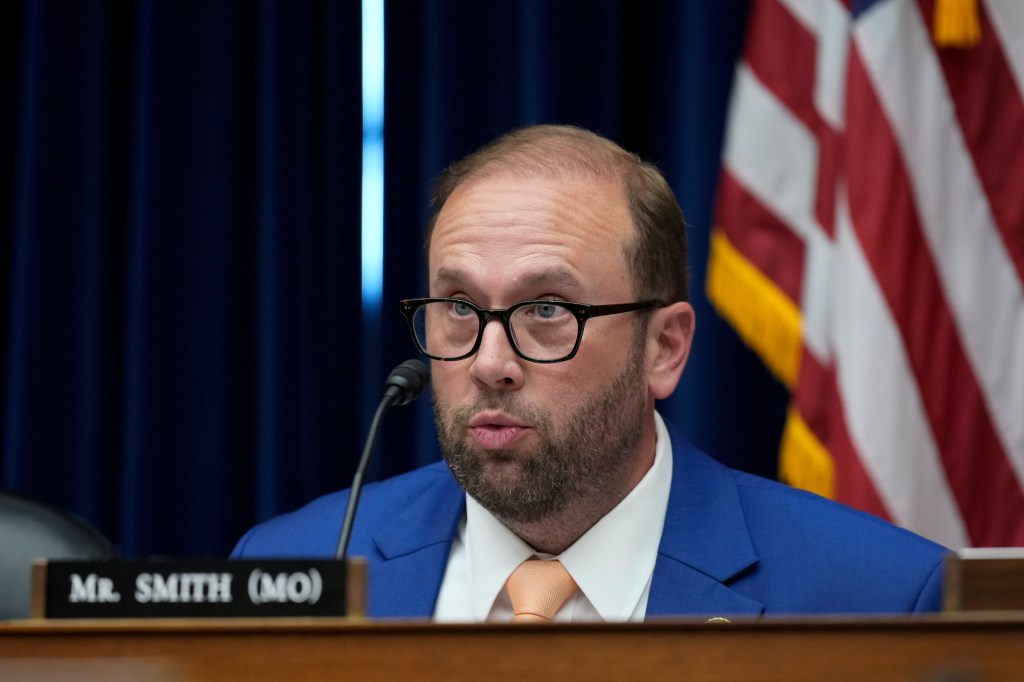A House of Representatives panel has scheduled a hearing for next week on how the Social Security Administration has been clawing back payments it mistakenly made to beneficiaries.
The announcement signals that members of Congress are focusing on the trauma many poor, retired, and disabled people have experienced from the government trying to reclaim safety-net payments — some in the tens of thousands of dollars — it says they shouldn’t have received.
The hearing comes in the wake of an investigation by KFF Health News and Cox Media Group (CMG) that found that, by the time the government catches a mistake and demands repayment, years may have passed and, often, the beneficiary has already spent the money to cover basic living expenses.
The House Ways and Means Committee’s subcommittee on Social Security is scheduled to hold the hearing on Oct. 18.
The hearing will examine “how the Social Security Administration can better identify improper payments before they occur and provide beneficiaries with adequate notice when they occur,” the chairmen of the two panels, Reps. Jason Smith (R-Mo.) and Drew Ferguson (R-Ga.), said in a brief announcement.
The announcement did not say who would be testifying.
A media contact for the Ways and Means Committee did not respond to a request for more information.
Since KFF Health News and CMG published and broadcast their initial reports in September, some members of the House and Senate have expressed outrage about the overpayments — and the government’s efforts to recover them. At least two lawmakers have called on the Social Security Administration to stop trying to get the money back from beneficiaries.
The No. 2 Republican on the Social Security subcommittee, Rep. Mike Carey (R-Ohio), recently called for a hearing.
He said in an interview the general sense from members is, “We do have a problem, we’ve got to address it, we’ve got to fix it.”
Last week, the Social Security Administration’s acting commissioner, Kilolo Kijakazi, said she was assembling a team to review the agency’s “overpayment policies and procedures.” The agency has declined to say how many people it has demanded repayments from. Some members of Congress have said the agency should disclose that information, and questions about it could come up at the hearing.
Overpayments result from beneficiaries failing to comply with requirements, whether innocently or intentionally, or from lapses or errors on the part of the Social Security Administration. In recent years, the agency has been issuing between $6 billion and $7 billion annually in new overpayments, according to government reports.
The agency has said that, when overpayments occur, it is required to try to recoup the money. However, it has the power to waive debts if the beneficiary wasn’t at fault and, for instance, if the recipient can’t afford to repay the government.
This article was produced by KFF Health News, a national newsroom that produces in-depth journalism about health issues and is one of the core operating programs at KFF — the independent source for health policy research, polling, and journalism.



